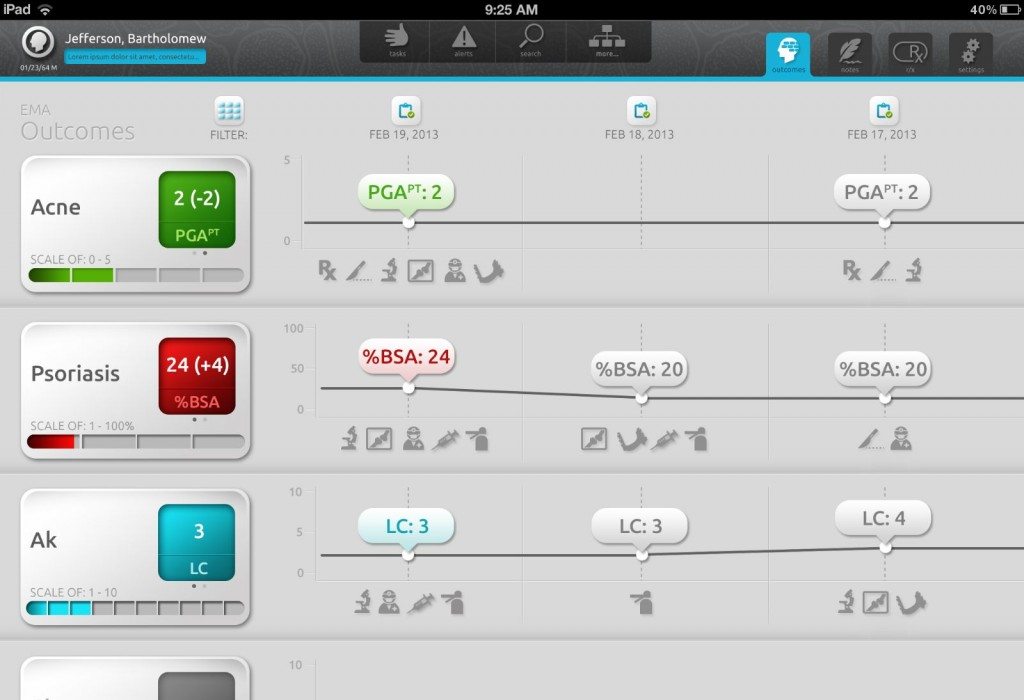5 Ways to Leverage Data-driven Patient Care
The reasons to build a data-driven practice for improved patient care increase almost daily, and those physicians who have yet to implement electronic medical record (EMR) systems won’t be able to — or want to — escape the inevitable for much longer. Physicians, like all business leaders, look for ways to retain customers and drive new business in competitive markets, and by embracing data physicians can do just that. To have data really make a difference in your practice, you need to go beyond outdated record-keeping measures—and even beyond the walls of your own practice.
Recording patients’ symptoms, relevant numbers, medications and diagnoses on paper charts and first generation, template-based EMR systems is simply information, and it’s not the most effective way to run a business. Would you want your accountant using old accounting ledgers?

You can tediously search through outdated healthcare collection systems to analyze patient information to guide your medical decision-making, or you can help improve your diagnostic and treatment power with data that is organized in a meaningful way. That’s turning the analytical capabilities of big data into medical wisdom. That’s the epitome of true data-driven healthcare.
And you need to take it one step further with at-a-glance graphical representation of patient history to see a whole new world of data-driven patient care.
Plus, at no time has it been more important to have healthcare data that substantiates healthcare quality. Payers are closely scrutinizing outcomes in a move toward pay-for-performance.
The following are five additional justifications that simply make good business sense:
1. Faster, data-driven personal care
2. Data-driven decisions and outcomes
3. Expand your data network
4. Better patient care everywhere with data anywhere
5. The long-term value of data-driven patient care